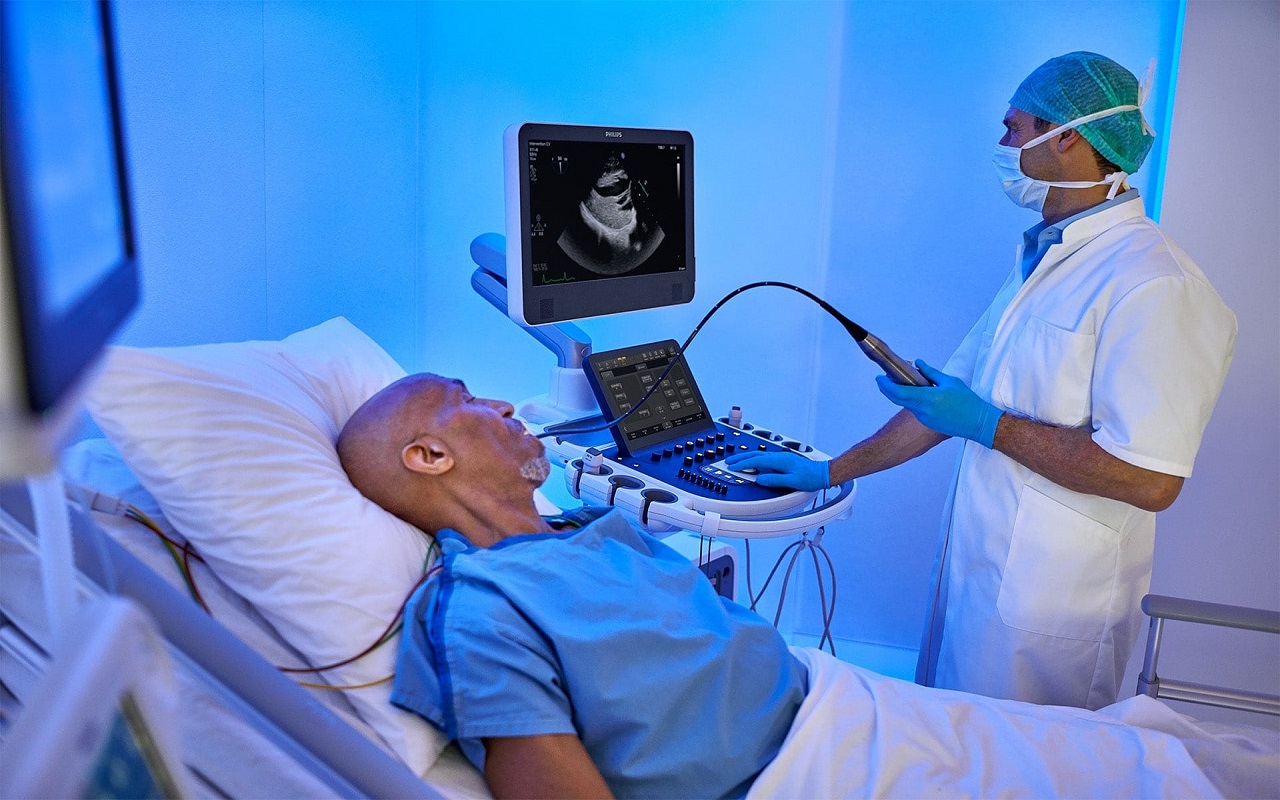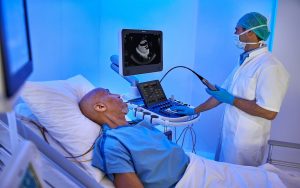Philips, a global leader in health technology, successfully showcased its latest AI-enabled innovations in cardiac care at the European Society of Cardiology (ESC) 2025 Congress, held in Madrid from August 29 to September 1. The company demonstrated how integrated workflows, intelligent technologies, and sustainable practices were helping clinicians deliver earlier diagnoses, precise treatments, and long-term patient monitoring.
At the event, Philips highlighted how its AI-driven platforms optimized clinical workflows and empowered healthcare professionals to make faster, more confident decisions. The company also reaffirmed its commitment to sustainability, unveiling technologies designed to lower healthcare’s carbon footprint while improving patient access to quality cardiac care.
Findings from the Philips Future Health Index (FHI) 2025 cardiology snapshot were shared, revealing that 79% of cardiac care providers lost valuable patient time due to incomplete or inaccessible data—amounting to 45 minutes per shift or more than four weeks of lost clinical time annually. Philips positioned its AI-enabled solutions as critical to alleviating such inefficiencies by integrating workflows and insights across the cardiac care pathway.
“Philips’ AI-enabled technologies were showcased not just as tools to advance imaging quality and workflow efficiency, but as solutions that accelerate diagnosis and empower clinicians to focus more on patients rather than processes,” said Jeff Cohen, Business Leader of Ultrasound at Philips. “At ESC 2025, we demonstrated that the future of cardiac care is smaller, smarter, and more connected.”
Among its highlights, Philips presented AI-powered ultrasound systems—EPIQ CVx, Affiniti CVx, and Compact 5500 CV—with enhanced image quality, alongside its Cardiovascular Workspace for integrated imaging data. In CT imaging, the Philips CT 5300 and Spectral CT 7500 systems delivered deeper insights, while the BlueSeal Mobile—the first helium-free, AI-enabled MRI—performed live cardiac MR scans onsite, emphasizing both sustainability and accessibility.
In treatment, Philips spotlighted the VeriSight Pro 3D Intracardiac Echocardiography (ICE) Catheter, offering advanced real-time imaging for electrophysiology and structural heart procedures, and the Azurion 7 Series image-guided therapy system, designed to streamline complex interventions. For long-term monitoring, Philips demonstrated its advanced Holter Monitoring Software for proactive arrhythmia management and continual patient follow-up.
ESC 2025 attendees also engaged in symposium sessions and hands-on tutorials led by Philips and clinical experts, including a spotlight session co-moderated by Prof. Pepe Zamorano and Prof. Ricardo Fontes Carvalho. Discussions centered on AI’s role in echocardiography and heart failure management, underscoring how miniaturized imaging and artificial intelligence are reshaping cardiology.
Commenting on AI’s potential, Prof. Jose Zamorano, Chief of Cardiology at University Hospital Ramón y Cajal in Madrid, noted: “AI brings immense potential to enhance diagnostic accuracy and efficiency, particularly in analyzing complex cardiovascular imaging. It reduces administrative burdens and allows us to dedicate more time to patient care.”
With ESC 2025 themed “Cardiology Beyond Borders” and “Global Health,” Philips aligned its innovations with its mission to improve the lives of 2 billion people by 2025, reinforcing its commitment to advancing cardiac care worldwide.






